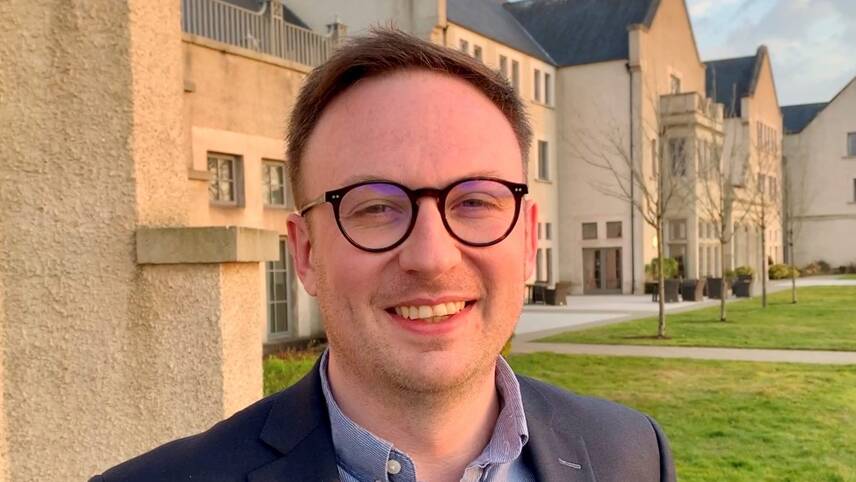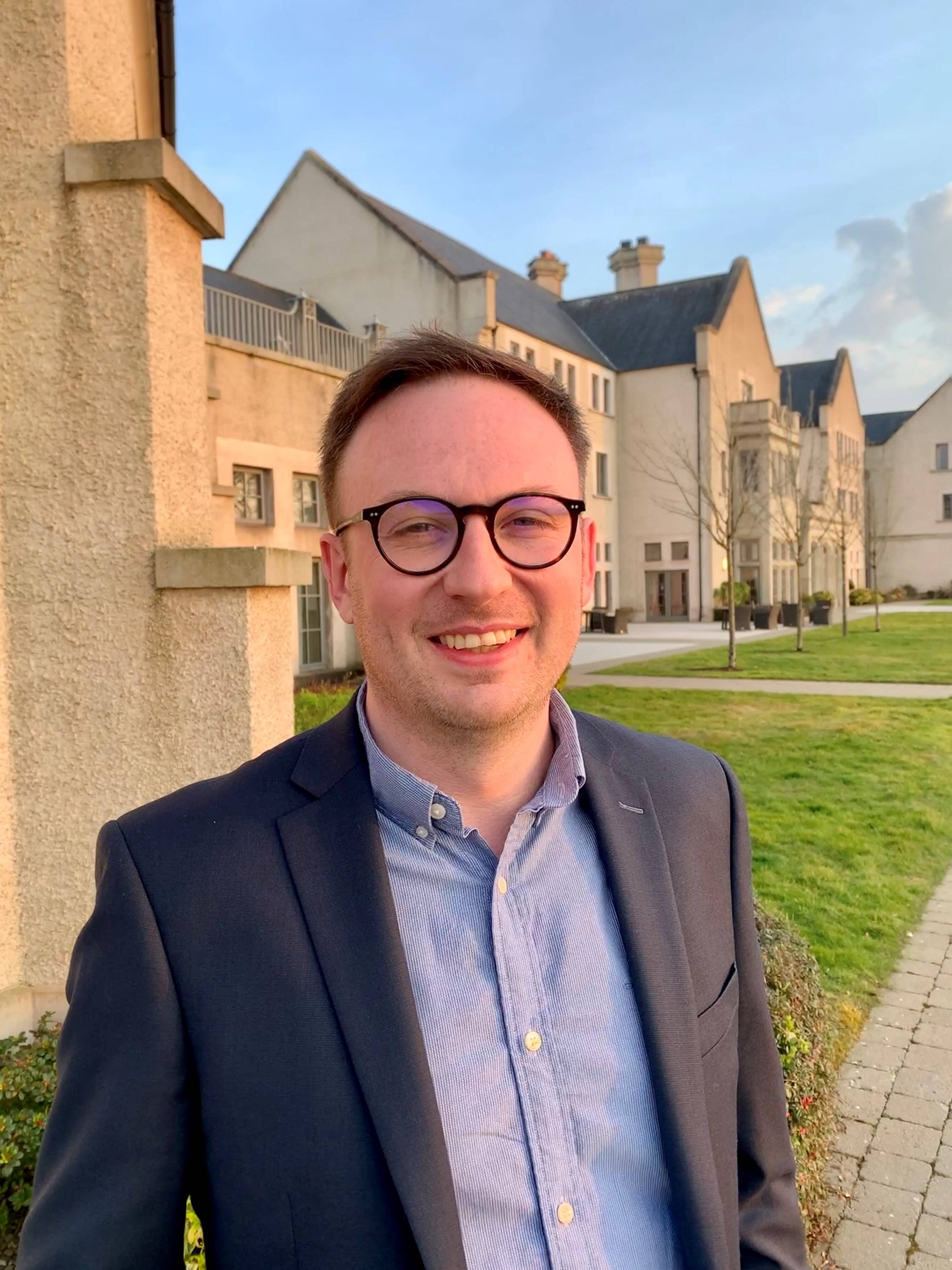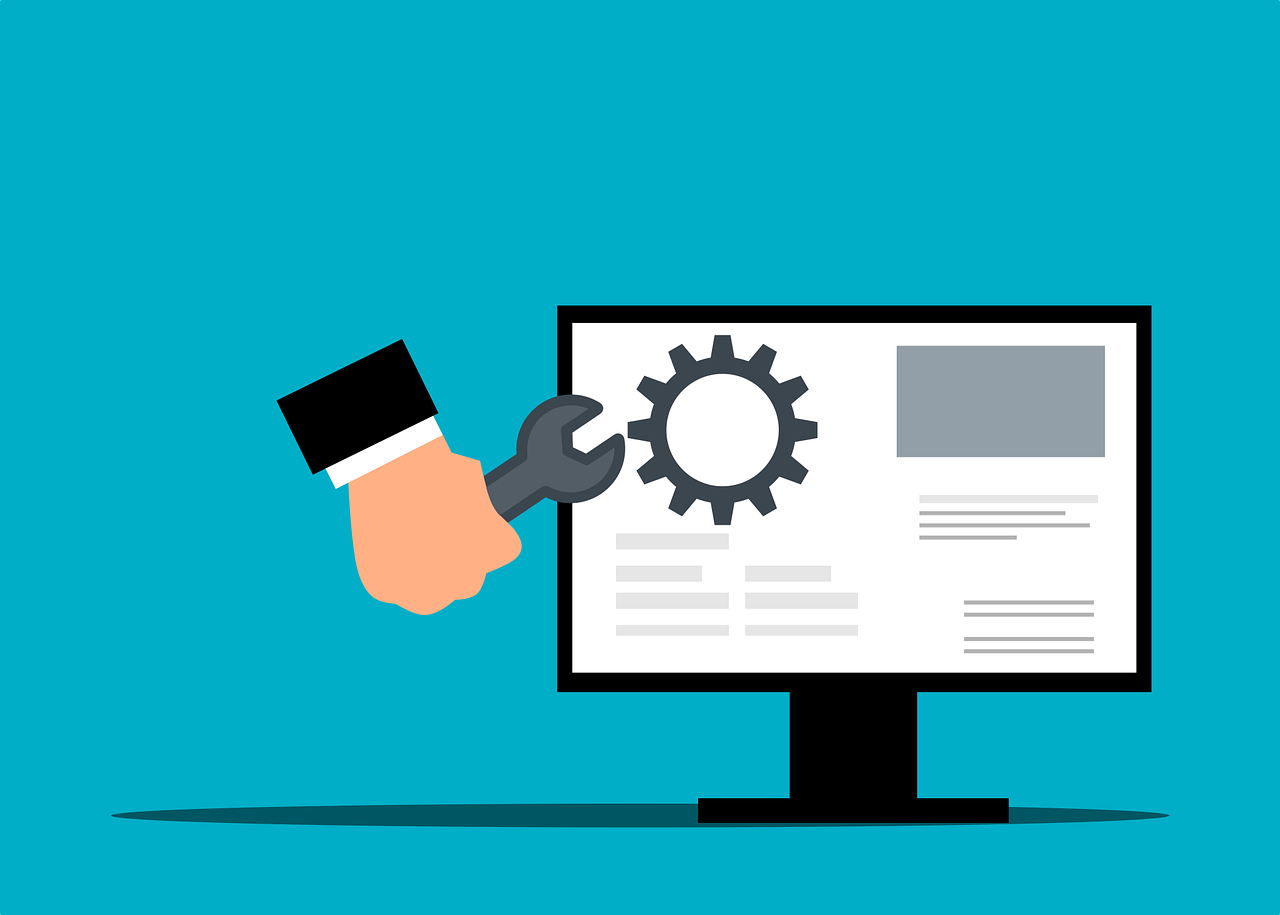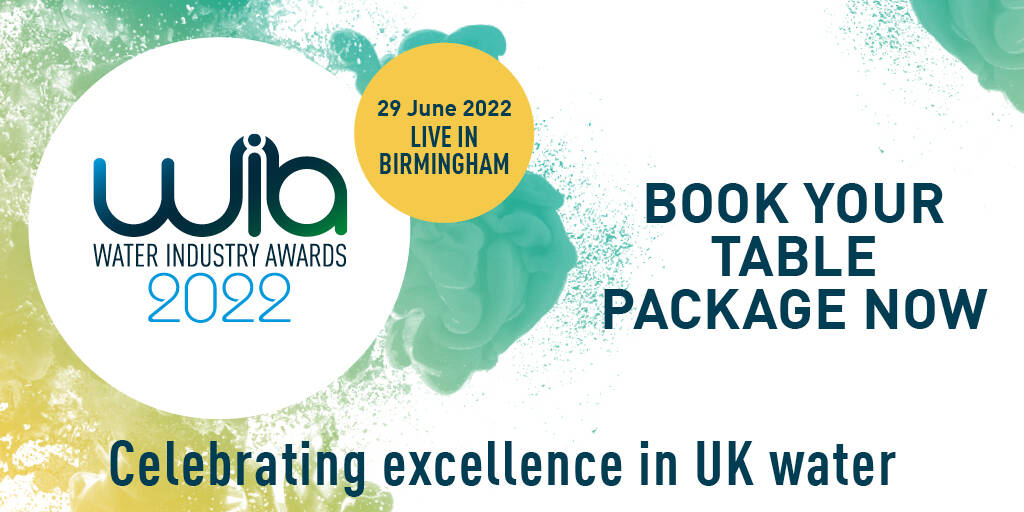You’ve reached your limit!
To continue enjoying Utility Week Innovate, brought to you in association with Utility Week Live or gain unlimited Utility Week site access choose the option that applies to you below:
Register to access Utility Week Innovate
- Get the latest insight on frontline business challenges
- Receive specialist sector newsletters to keep you informed
- Access our Utility Week Innovate content for free
- Join us in bringing collaborative innovation to life at Utility Week Live

In the build up to the 2022 Water Industry Awards, Ciaran McGuckin, a senior engineer at WSP, reflects on his journey from entering the water sector with no qualifications to being shortlisted as one of its rising stars.
What is the biggest challenge you’ve faced during your time in utilities?
 Coming into the sector with no qualifications, I worked hard to develop the skills required to succeed. After being out of formal education from leaving school, I went back to study for an MSc in Geographic Information Systems (GIS) at 27, managing to complete this successfully while working full-time was a challenge particularly having been out of education for so long.
Coming into the sector with no qualifications, I worked hard to develop the skills required to succeed. After being out of formal education from leaving school, I went back to study for an MSc in Geographic Information Systems (GIS) at 27, managing to complete this successfully while working full-time was a challenge particularly having been out of education for so long.
My experiences working within the water sector had really given me a passion for this area, and I was keen to formalise my knowledge to allow me to progress.
What is your golden rule for overcoming challenges at work generally?
 Always see it as an opportunity to learn – challenges give us a chance to think differently and develop new skills. At the minute I love tasks which allow me to develop my Python programming language knowledge and I always think on the job learning is hard to beat.
Always see it as an opportunity to learn – challenges give us a chance to think differently and develop new skills. At the minute I love tasks which allow me to develop my Python programming language knowledge and I always think on the job learning is hard to beat.
What’s the best piece of advice you’ve been given?
To always remember that pressure is a good thing and helps you to grow. It’s always important to understand your own line between pressure and stress – one of my colleagues continually reminds me of this. I try to embrace this mentality when I find myself in challenging situations or when I consider saying no to an opportunity.
What do you think Utility Week Innovate readers would be surprised to learn about you?
 Despite GIS being really central to what I do now – and something I love – I absolutely hated geography at school and couldn’t wait to ditch it!
Despite GIS being really central to what I do now – and something I love – I absolutely hated geography at school and couldn’t wait to ditch it!
Did you learn anything new about collaborating or innovating as a team or business during the pandemic?
Prior to the pandemic, much of our site data collection relied on paper-based maps and forms. Not being in the office really pushed us to embrace digital solutions and we now have developed several workflows which have streamlined and automated our data collection processes, resulting in improved quality as well.
The success of this has really encouraged our team to think about how we can embrace new ways of working across all our projects.
Which other industry do you feel that utilities can learn most from when creating the conditions for innovation?
I attended a people strategy workshop recently with colleagues across our water, energy and industry teams. One of our focus areas was on how we could better foster innovation and a takeaway was how we needed to mirror the fail fast – or learn fast learn often – approach from the software industry.

This type of culture shift will help us innovate in how we approach problems in the utility industry. Changing the mindset that failure is a negative is crucial if we want to be truly innovative.
Is there a standout innovation or collaboration project that you wish you’d had the chance to work on during your time in the sector – what made it special?
Something I’m keen to get involved in are our smart network projects, there’s huge potential here to optimise client network through intelligent use of data.
Increased monitoring of networks and advances in sensor technology is an opportunity to create real value for our clients through improved understanding of their assets and previously unseen insights.
It’s something our clients are increasingly interested in, and those relationships between data is something which fascinates me and how we can best use that to ultimately provide better outcomes to customers.
What excites you most about the next 10 years in the utilities sector – any trends, tech or specific innovations?
We’re seeing an increasing trend of real collaboration, particularly as we look to partner with companies outside of the traditional engineering world. The knowledge and skills which tech companies and start-ups bring really compliment traditional engineering skills.
This combination, and fresh perspectives has the potential to be truly disruptive and allow us to help our clients harness the full power of the data they collect.
Machine learning tools developed by WSP which help predict flooding events, initiatives like the flood safe house and tools which drive intelligent insights from data are already exciting uses of technology which our team is working on.
What do you think is the biggest challenge facing the utilities sector at present?
Climate change and its impact on resilience is an increasing challenge for the water industry. While adaptive planning techniques are helping planners better manage that uncertainty, there is growing recognition that one sector can’t achieve this on its own.
To book a table and to find out more about the awards, click here.

Please login or Register to leave a comment.